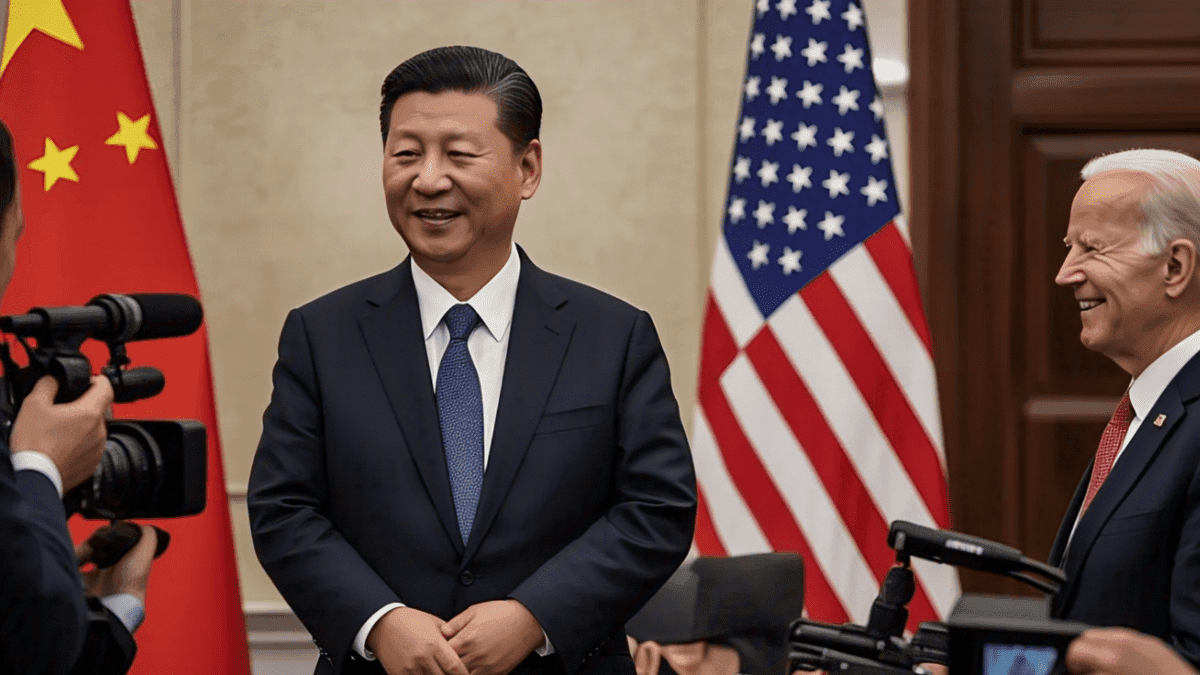China emphasizes the importance of multilateral approaches over bilateral talks with the U.S. to resolve global trade issues, following recent tariff reductions.(Reuters)
Table of Contents
- Overview of Recent U.S.-China Trade Developments
- China’s Emphasis on Multilateralism
- Impacts on Global Trade and Economy
- Reactions from Other Global Players
- Conclusion
Overview of Recent U.S.-China Trade Developments
In May 2025, the United States and China engaged in significant trade discussions aimed at de-escalating ongoing tensions. Both nations agreed to reduce tariffs imposed earlier in the year: the U.S. lowered tariffs from 145% to 30%, while China reduced its tariffs from 125% to 10% . This move marked a temporary 90-day truce intended to provide relief to global markets and supply chains.(Reuters, The Guardian)
Despite this progress, uncertainties remain. U.S. farmers, for instance, express concerns about the short duration of the truce and its limited impact on long-term planning and market stability . Economists also caution that the brief pause may not significantly alter the weak U.S. economic outlook .(The Guardian, Reuters)
China’s Emphasis on Multilateralism
While acknowledging the importance of bilateral talks with the U.S., China has reiterated its belief that multilateralism is essential for resolving global trade challenges. During a World Trade Organization (WTO) meeting in Geneva, Chinese officials emphasized that “multilateralism is the inevitable and ultimate choice to address global challenges” .(Reuters, TradingView)
China’s stance reflects its commitment to a rules-based international trade system and its criticism of unilateral trade actions, which it views as detrimental to global economic stability. By advocating for multilateral solutions, China aims to involve a broader range of stakeholders in creating sustainable trade policies.(Reuters)
Impacts on Global Trade and Economy
The temporary tariff reductions have provided some relief to global markets. Stock markets responded positively, with notable surges following the announcement of the truce . However, the broader economic implications remain complex.(Reuters, The Guardian)
The Asia-Pacific Economic Cooperation (APEC) has warned of a significant slowdown in regional exports due to U.S.-imposed tariffs, projecting export growth to decelerate to 0.4% in 2025 from 5.7% in 2024 . This slowdown underscores the interconnectedness of global economies and the far-reaching effects of bilateral trade disputes.(Reuters)
Reactions from Other Global Players
The European Union (EU) has expressed a cautious approach to U.S. trade talks, indicating a preference for a more deliberate path toward a comprehensive deal . This stance aligns with China’s emphasis on multilateralism and highlights the EU’s interest in a stable, rules-based trade environment.(Reuters)
Additionally, U.S. Commerce Secretary Howard Lutnick announced plans to finalize trade agreements with key partners by the summer, aiming to provide clarity and stability amid ongoing economic uncertainties . These developments suggest a growing recognition among global players of the need for collaborative approaches to trade policy.(Axios)
Conclusion
The recent U.S.-China trade discussions and subsequent tariff reductions represent a step toward easing bilateral tensions. However, China’s emphasis on multilateralism highlights the limitations of bilateral agreements in addressing complex global trade issues. As the international community navigates these challenges, a collective commitment to multilateral solutions may prove essential for fostering long-term economic stability and growth.
Key Insights:
- The U.S. and China agreed to a 90-day tariff reduction, aiming to ease trade tensions.(Reuters)
